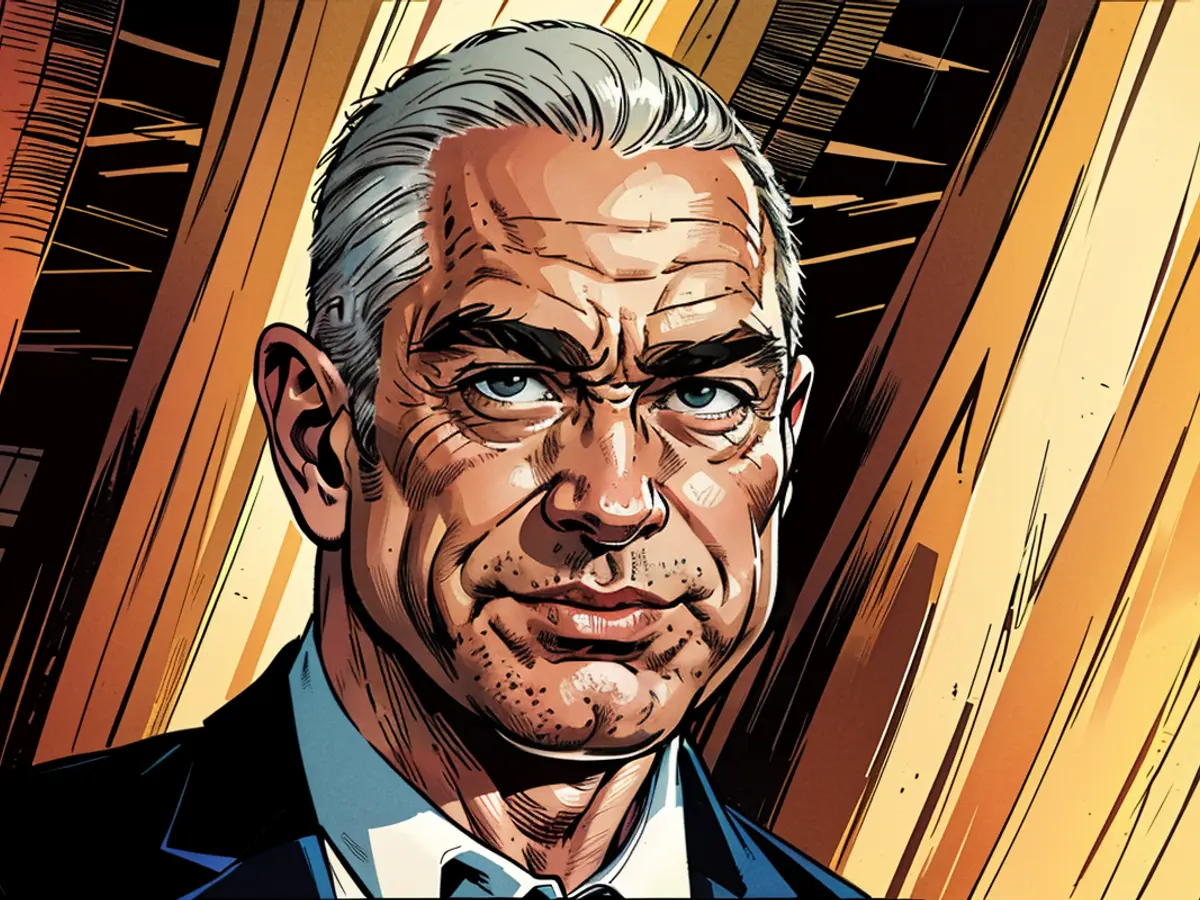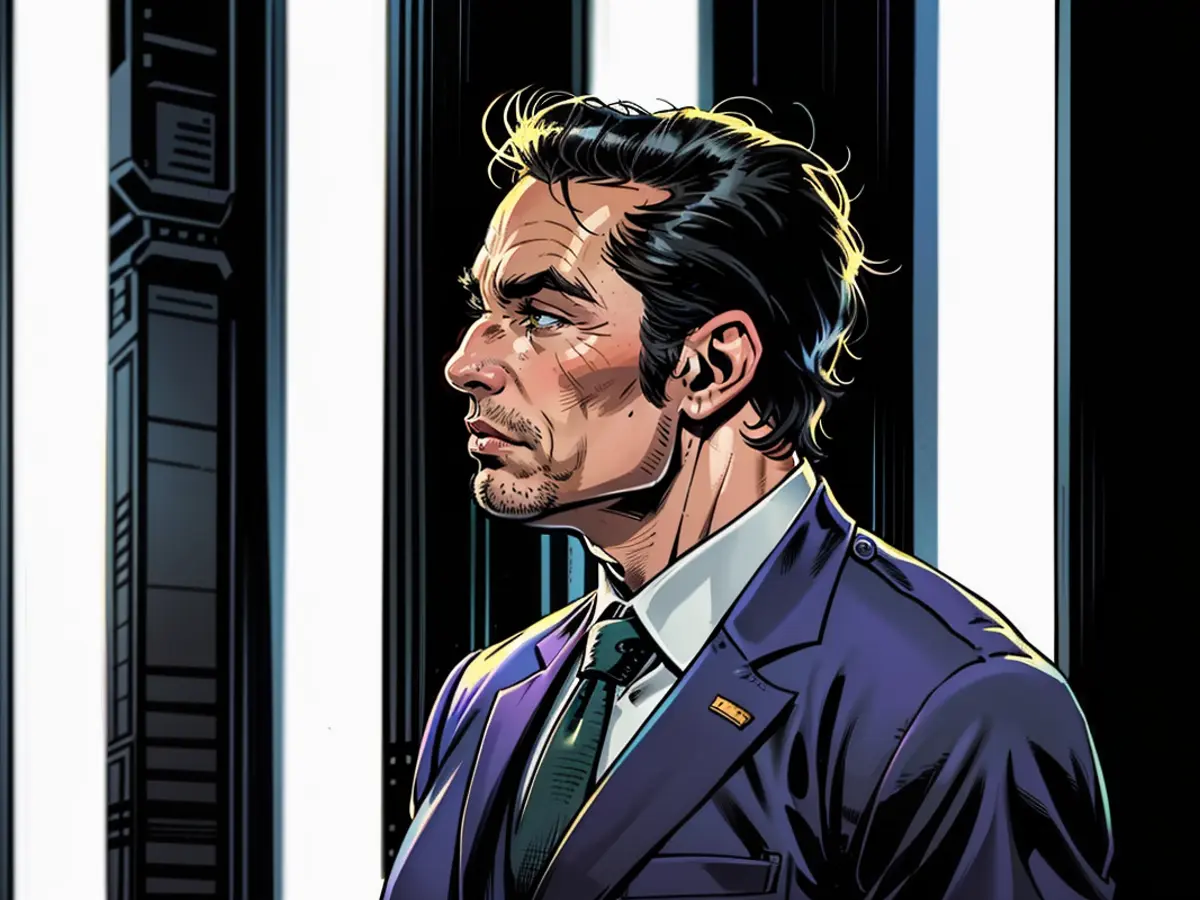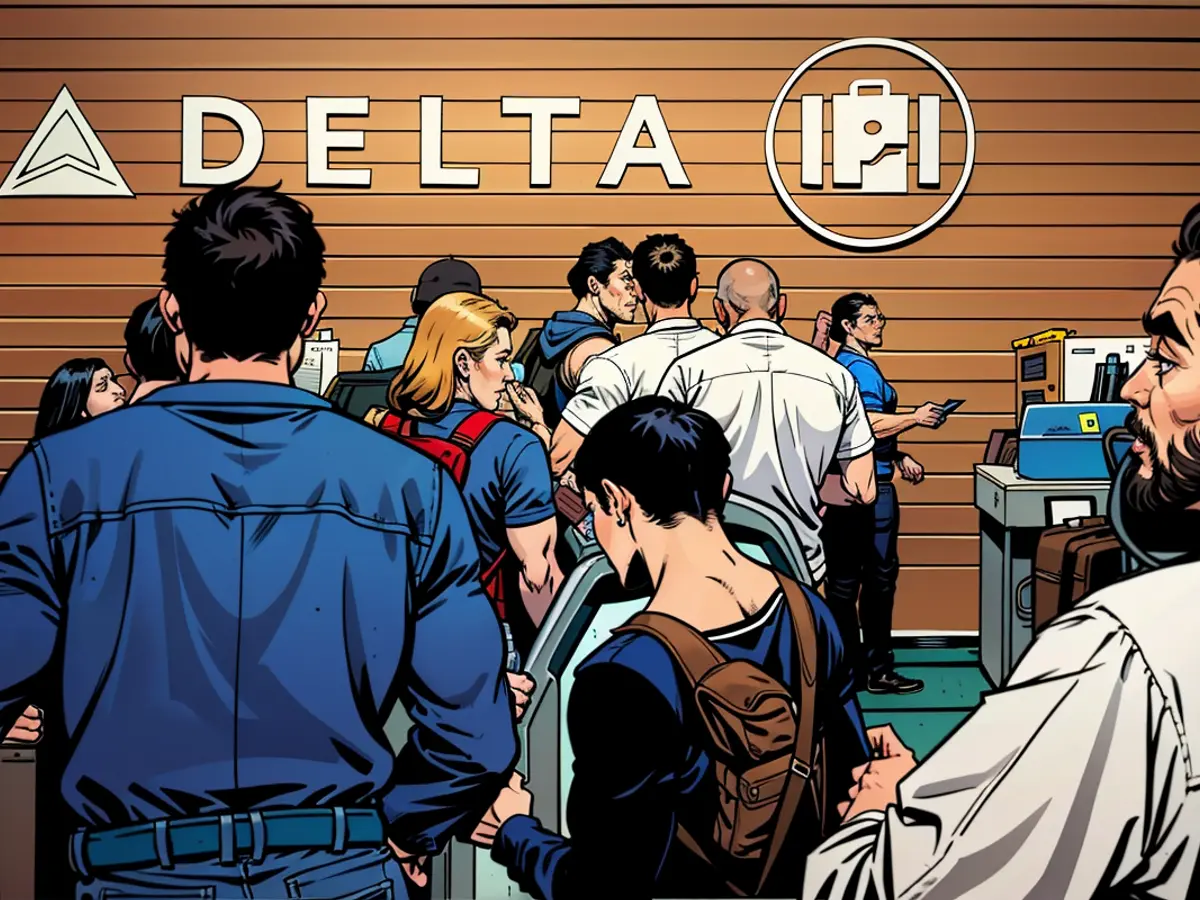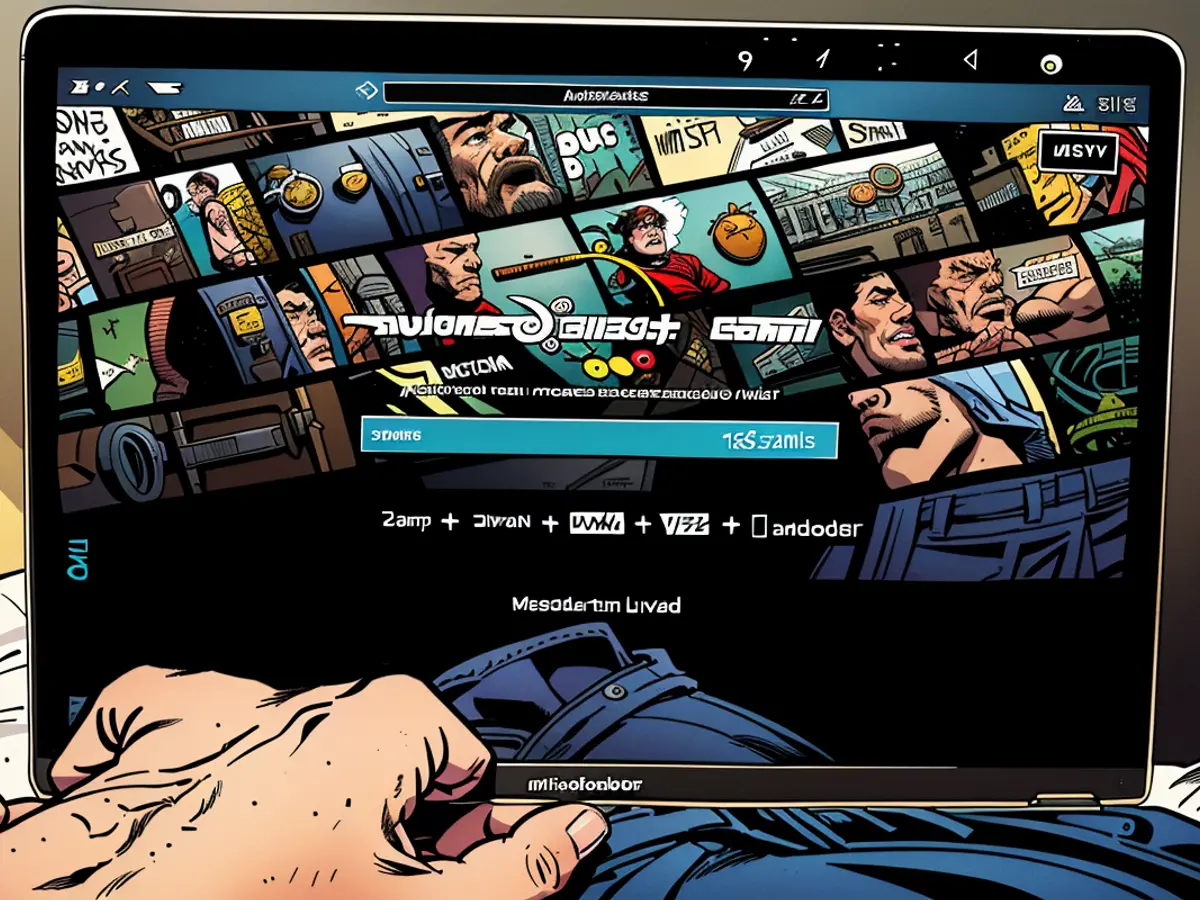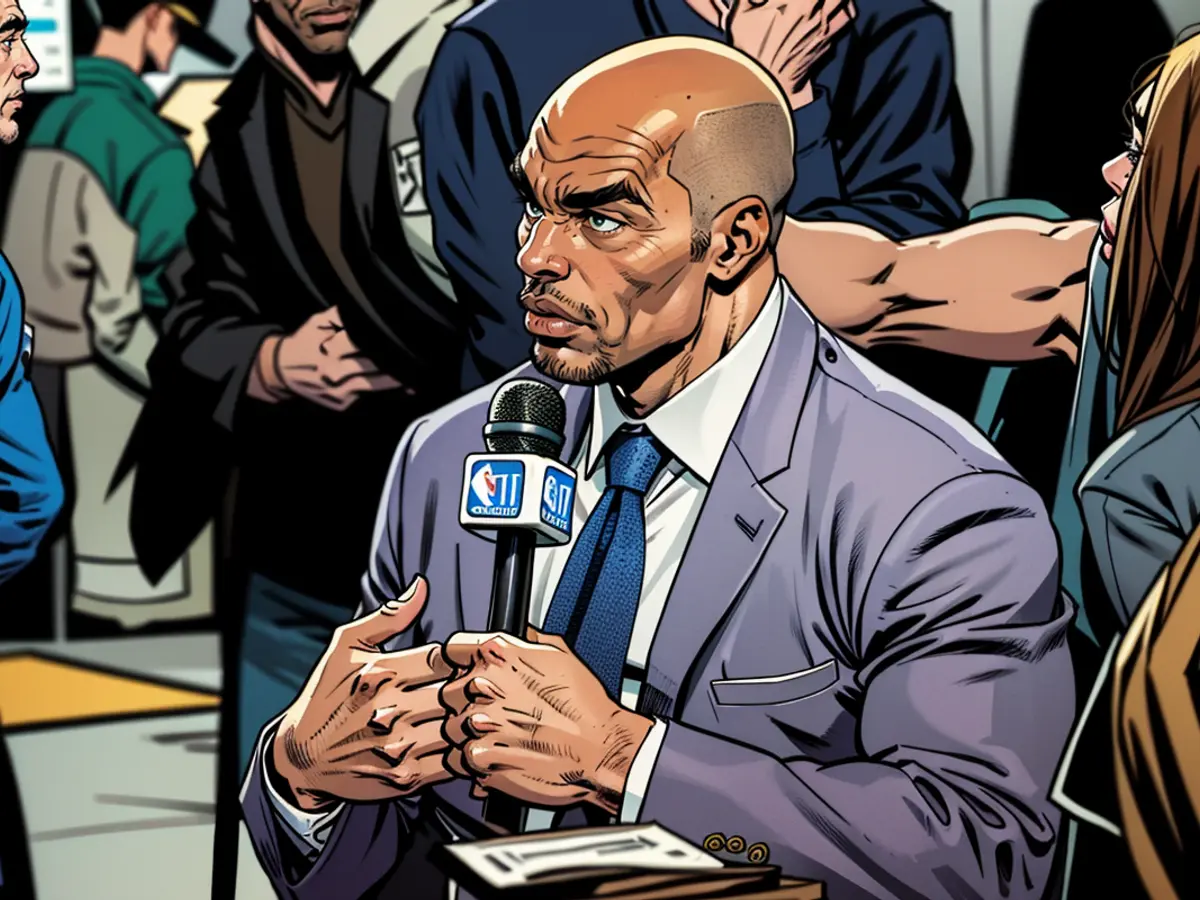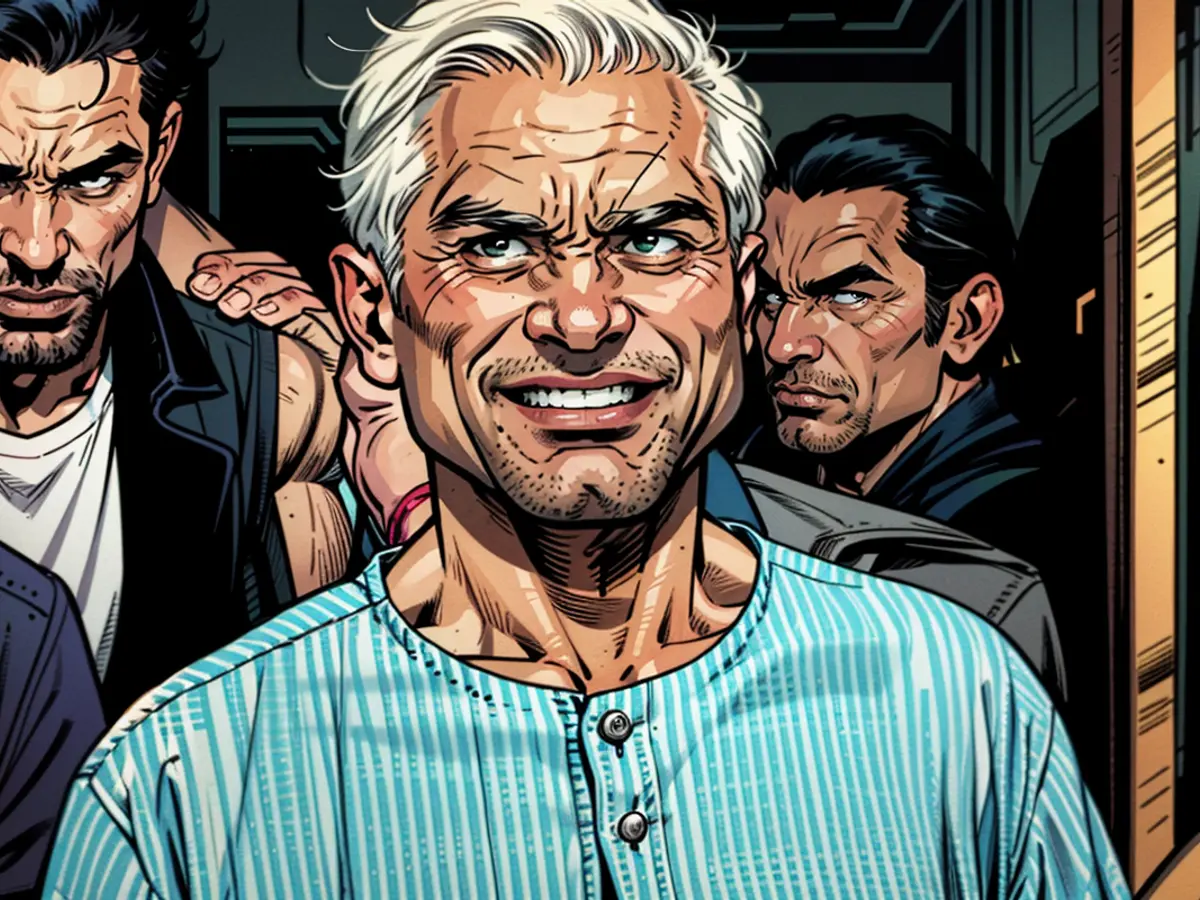Jeff Bezos grapples with mounting ethical doubts concerning his role as the owner of The Washington Post.
Title: The Dilemma Facing Jeff Bezos Over Controversial Washington Post Head
Editor's Note: A version of this article initially appeared in our "Daily Insider" newsletter. Sign up here for daily updates on the evolving media landscape.
Jeff Bezos, the billionaire Amazon owner and proprietor of The Washington Post, finds himself in a precarious position regarding Will Lewis, the veteran Fleet Street publisher he appointed to lead the renowned national broadsheet. He could stand by Lewis, despite mounting criticism from Pulitzer Prize-winning journalists in the newsroom. Alternatively, he could side with the disenchanted members of his own team.
After conversations with various sources within The Post, it appears increasingly unlikely that Bezos will manage to maintain a balance between supporting Lewis and appeasing his newsroom. Lewis, plagued by questions over past and present decisions, has evidently lost the support of staff, alienating them and creating a challenging situation for an effective leadership role within the respected journalist community.
The opportunity to regain control and pacify the upheaval within The Post may have vanished soon after Lewis' controversial decision to oust top editor Sally Buzbee. Backlash erupted following the dismissal, leading to revelations about Lewis' attempts to suppress articles linking him to phone hacking scandals for Rupert Murdoch (an accusation he denies).
Instead of easing tensions, Lewis reacted defensively, critiquing his own media reporters and launching attacks on high-profile journalists such as NPR media correspondent David Folkenflik. Although Lewis later apologized, his actions exacerbated concerns within the newsroom, triggering a series of stories that raised red flags about his professional judgment, journalistic values, and those of his selected future number two, Robert Winnett.
Over the weekend, The New York Times reported that Lewis was involved in publishing an article based on stolen phone records during his days in Fleet Street. Sunday's issues of The Post hinted at a "thief" with ties to Winnett who used deceitful methods to obtain private material.
These revelations sent waves of discontent, anxiety, and demoralization through the newsroom. Staffers expressed their frustration to CNN on Monday, demanding that Bezos bring the scandal to a swift conclusion.
Upon his initial appointment, staffers at The Post understood that Lewis was brought on board to stir things up in the newsroom and jump-start the institution after falling behind rivals like The New York Times regarding audience and financial performance. However, with Lewis now posing a danger to the newspaper's credibility and integrity, the journalists are unwilling to let him jeopardize the institution's reputation.
While they worry about the financial well-being of The Post and seek a boss capable of addressing its business challenges, the journalists fiercely protect its editorial independence and standards. They are adamant that Lewis and Winnett pose a significant threat to those values.
One staffer summed it up by saying, "We are losing audience and profits, and all we have left is our credibility. We've just shot ourselves in the foot."
The credibility of the newspaper is closely tied to its ability to maintain a thriving business. To attract subscribers, the trust and integrity of The Post are indispensable. (Convincing people to sign up for a newspaper with an unethical image would be quite a feat!) And, as one staffer pointed out, upholding ethical standards is crucial in transforming a newsroom and regaining confidence. "It doesn't matter how revolutionary your ideas are if your employees have no faith in your leadership," the staffer stated.
As Bezos assesses the circumstances at The Post, his decision remains uncertain. Responses to queries from his spokesperson were unanswered, while an email directed to Bezos himself went unreturned. However, it is evident that the tech magnate is aware of the evolving situation at The Post. Preserving his stewardship of The Post from a tarnished past could be at stake if he permits longstanding problems to persist without taking action.
Dismissing Lewis would involve acknowledging a failed appointment and a subsequent time-consuming search for a new editor. It could also incur financial costs to terminate Lewis' contract. On the other hand, keeping Lewis may result in ongoing public scrutiny, journalist departures, and embarrassing headlines. At some point, it may become difficult to justify retaining a boss who oversees a newspaper implicating Bezos in ethically dubious decisions.
Bezos faces a potential trade-off between short-term pain (dismissing Lewis) and long-term pain (contending with the unfolding scandal). It's hoped that he can make a swift decision to minimize the flow of negative stories and secure a more stable future for The Washington Post.
Jeffrey Sonnenfeld, a well-known professor and senior associate dean at Yale School of Management, stated to CNN on Monday that Bezos has a clear choice to make. Sonnenfeld, who has offered guidance to numerous U.S. presidents and business leaders, asserted that, were he advising Bezos, he'd tell him Lewis has "lost the right to serve as a leader" and it's high time to "get rid of the dirt and mess."
"This is a disheartening breakdown of journalistic ethics, tarnishing the legacy of Katharine Graham, Ben Bradlee, Marty Baron – their collaboration, bravery, and honesty," Sonnenfeld expressed. "Bezos needs to bring on board a seasoned, respected editor who journalists look up to and rely on."
Read also:
Jeff Bezos, being a business magnate and the owner of The Washington Post, must consider the impact of the ongoing controversy on his media empire. His decisions regarding the future of Will Lewis, the newspaper's managing director, could significantly shape public perceptions of his commitment to media ethics.
As the owner of Amazon and The Washington Post, Jeff Bezos must navigate the complexities of balancing business interests and media ethics, particularly in the face of mounting criticisms about Lewis' leadership.
